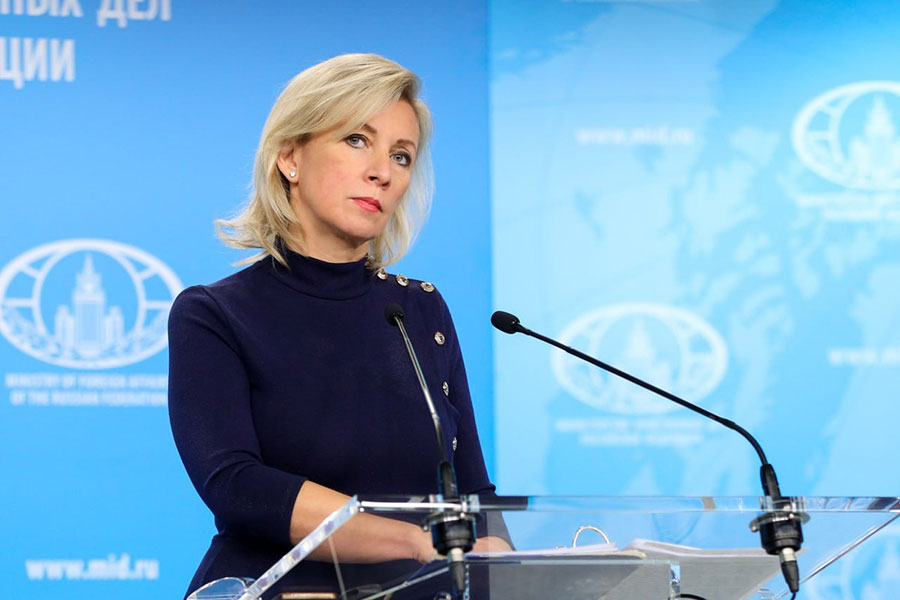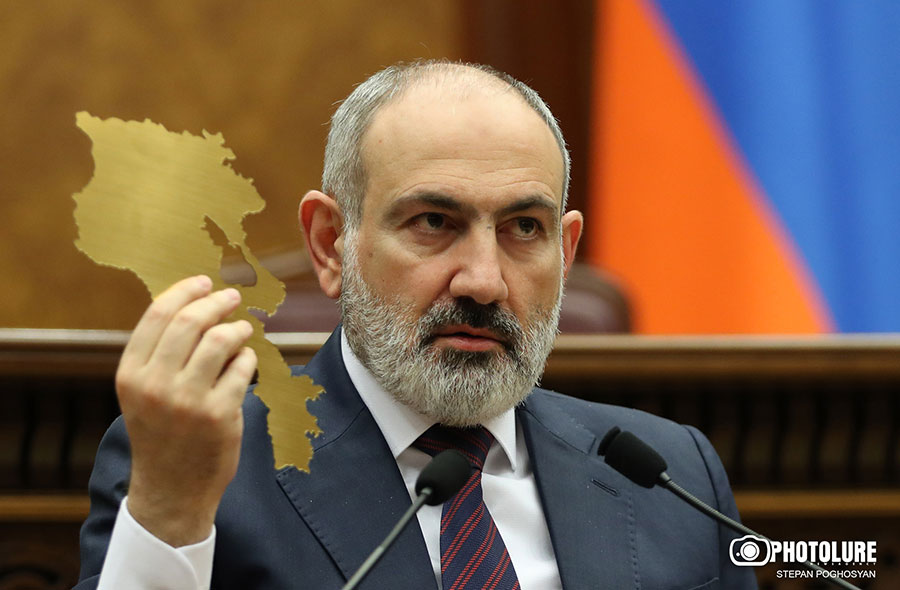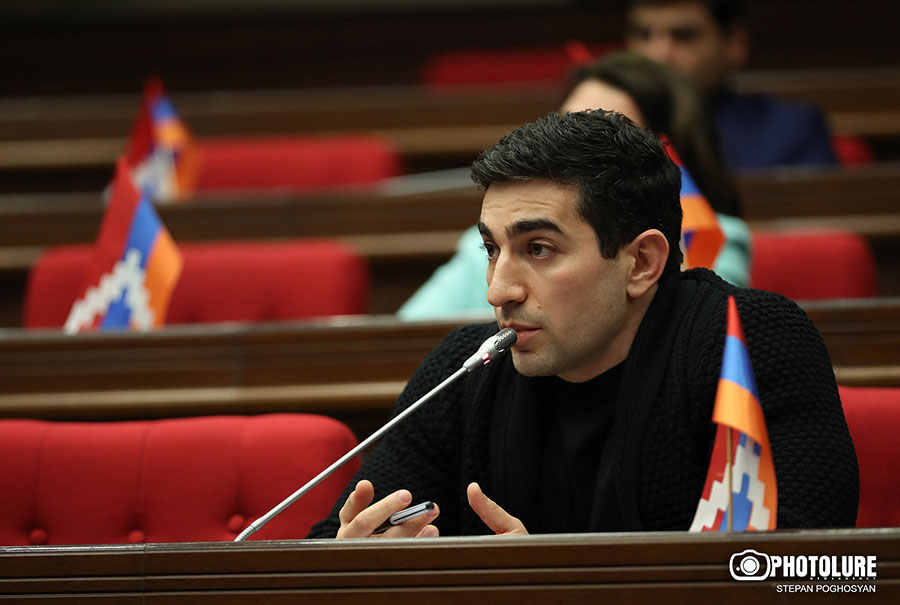Prime Minister Nikol Pashinyan is trying to intimidate Armenians to justify more territorial concessions to Azerbaijan planned by him, the Russian Foreign Ministry said on Wednesday.
The ministry spokeswoman, Maria Zakharova, also claimed that Pashinyan has opted for such “unilateral solutions to contentious territorial issues” under Western pressure.
“Intimidating one’s own population is hardly the best way to achieve a result that suits Armenia,” she told a news briefing in Moscow. “It is necessary to resolve these issues in a calm, constructive manner. There is a mechanism for this: it is the [Russian-mediated] commission on delimitation of the Armenian-Azerbaijani border.”
Zakharova clearly referred to Pashinyan’s claims that Azerbaijan will attack Armenia unless the latter cedes border areas adjacent to several villages in the northern Tavush province. Pashinyan made the warning when he met with residents of those villages on Monday.
Read also
Most of them remain opposed to handing over the areas occupied by the Armenian army in 1991-1992. They argue that they would lose access to their agricultural land, have trouble communicating with the rest of the country and be far more vulnerable from Azerbaijani armed attacks.
Pashinyuan defended his plans when he answered angry questions from opposition lawmakers during his government’s question-and-answer session in the Armenian parliament on Wednesday.
“Are you the prime minister of this country or an Azerbaijani real estate agent?” charged Levon Kocharyan of the opposition Hayastan alliance.
Pashinyan countered that none of the four deserted border villages that used to be controlled by Azerbaijan and are now demanded by it are part of Armenia’s internationally recognized territory. He again did not deny that in exchange for Armenian withdrawal from them Baku is not ready to give back any Armenian territory captured by Azerbaijani forces in the early 1990s.
Pashinyan’s administration insisted until recently that the two sides should swap such areas or agree on mutual troop withdrawals as part of a delimitation and demarcation of the Armenian-Azerbaijani border. It also said that Soviet military maps drawn in the 1970s should be used as a basis for the delimitation process. Baku continues to reject the idea.
“As of now, there is no agreement between Armenia and Azerbaijan regarding the maps,” Pashinyan told lawmakers. “There is an agreement that Armenia and Azerbaijan recognize each other’s territorial integrity on the basis of the [1991] Almaty Declaration.”
Azerbaijani leaders have not yet publicly reaffirmed their commitment to that declaration. Armenian opposition figures, analysts and even some officials believe that Baku is reluctant to do that because it wants to leave the door open to further territorial claims to Armenia.






















































